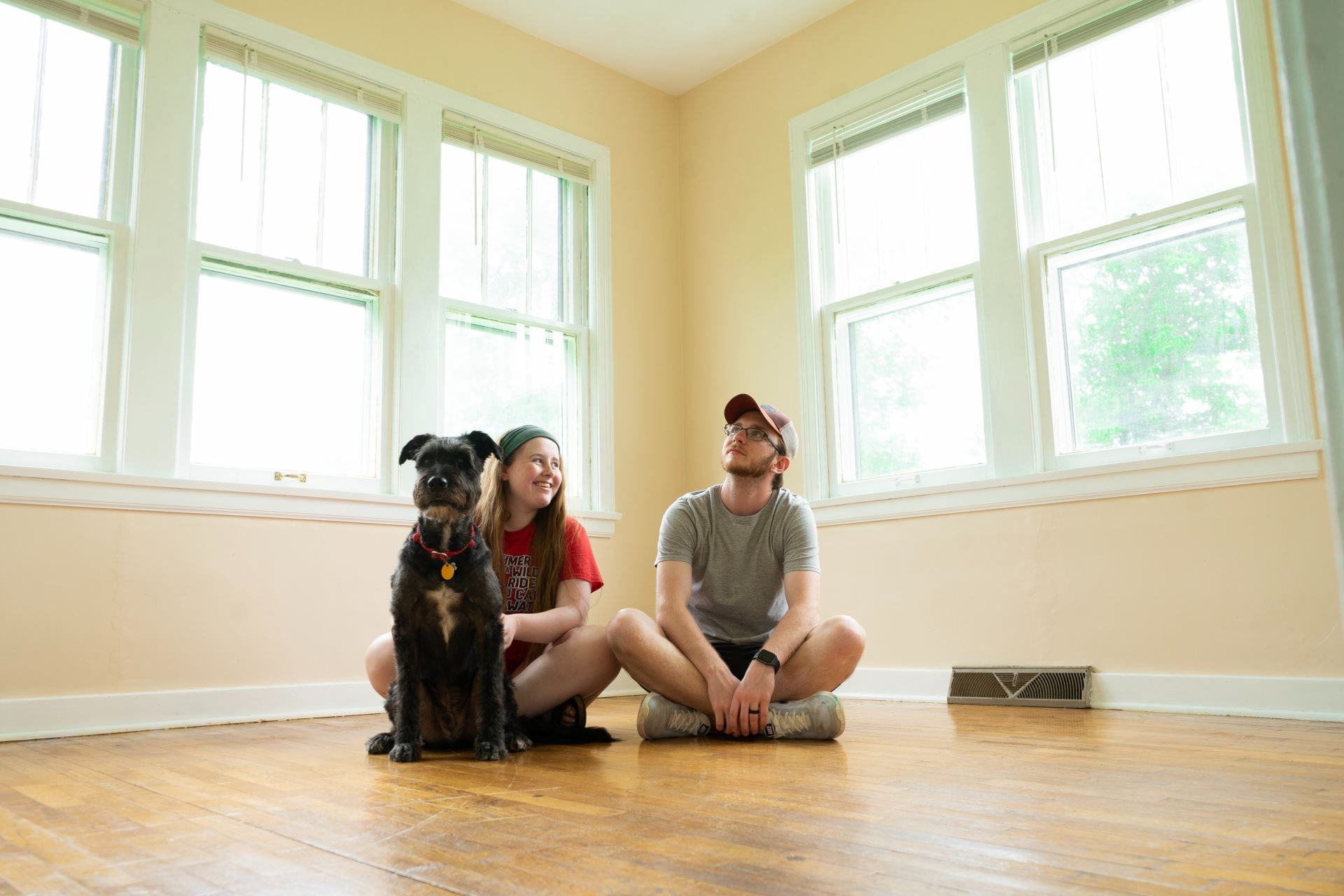Introduction
When we’re at college, and later in our careers, often we are unconsciously trying to choose the job that will get us the most money. For some people, this isn’t unconscious, it’s a very deliberate and conscious decision! In this post, I share the view that there are in fact other things that matter about a job, besides money. I hope I can convince you that at least some of them are important, and worth optimizing for.
Time is money
Or, so the old saying goes. In fact, time and money are completely non-fungible (to use a term from economics). It’s true that if you have a lot of money, you may be able to decide to use it up and buy yourself more time (for example, by purchasing a car instead of walking everywhere), but at some point, having more money does not get you more time. Consider an insanely rich person with 24 hours a day, 7 days a week free, with many millions of dollars to their name. Now consider a person who works three days per week, earning a high enough hourly rate to pay for their bills, with a small safety net. The rich person probably has 10,000 times more money, but only twice as much time available to them. So, as you can see, past a certain point, money cannot be traded for more time. Or at least, there are strongly diminishing returns.
Trading time for money
Being pragmatic (as all minimalists should be!) it’s true that you need money. Most people don’t need as much as they think they do, but you still need some. So, if you’re going to get money, how are you going to go about it? Well, there are basically three ways:
Find a job that pays a lot of money Get rich, and hopefully you’ll have money to spend on things you want Get rich, and then start a business selling something you enjoy, and hope that it will make enough money for you to live on
The first way is the traditional way. You go out, find a job that pays a lot, and stick with it until you retire. You then use your retirement fund to keep you going. Hopefully you get sick pay, and then a pension, and then your spouse gets a pension too, and then the money goes to your kids. If you’re lucky, you get to live a pretty good life, but it’s unlikely that you’re going to get rich, or that you’ll be able to do other things that you enjoy "most" of the time.
The second way is the way that lucky / already rich people get rich. Usually they inherit their money, or marry into it, or take a lot of risk and luck along the way. The less risk and luck involved, the more likely you are to end up with a life like the first way.
The third way is the way that most of the rest of us get rich. We get a job, then a better job, then a better job, and eventually we’re making enough to support ourselves and our family. If we’re lucky, we can take some time off to do something else. We may even be able to do something that we enjoy, but it’s unlikely that we will get rich doing it.
The fourth way is a hybrid between the second and third ways, and it’s the one that I would like to focus on. In this case, you find a job that pays a lot of money, but you then use that money to start a business that you enjoy. In this way, you get the best of both worlds! You get to do something you enjoy, and you get to make money from it.
The tradeoff
The problem with this fourth way is that it’s very difficult to do. If you have a job, your employer probably won’t be too pleased if you start taking time off to do something else. I’m not just talking about a little bit of time here and there, I’m talking about taking a lot of time off. If you’re an employee, you’re not allowed to be your own boss. You have a boss, and your boss wants you to work for them. So, to do this, you have to leave your job. Then you need to make enough money that you can survive. And then you need to find something you enjoy doing. And then you need to find customers. And then you need to promote your business. And then you need to deliver a good product or service. And then you need to market yourself. And then you need to get people to pay you. And then…
It’s a long chain of events, and I don’t think I need to describe them all. You’re not going to be able to do it overnight, so it’ll take some time. And that’s the tradeoff. If you want something that pays a lot of money, you can have it, but you’ll have to trade time for it. And that’s a very difficult tradeoff to make, because we all value time over money. And why wouldn’t we?
How to get started
One of the most common pieces of advice for minimalists is about "get an IT job that you can do anywhere!". Which is fine advice, but not all of us are IT wizards. In fact, most of us aren’t. I’m not, even though I have fumbled my way through WordPress and am standing here before you writing. So, I suggest, throw away that example: there are plenty of jobs that are remote, location-freedom giving, and fairly well paying, online, that are not IT related. Take for example, using your innate human ability to record a radio voiceover, which is highly valuable, and pays well. You can easily do this on the side at college and still maintain your time freedom, while earning a little bit of money.
What other examples can you think of? Reach out to us, we would love to hear from you!





